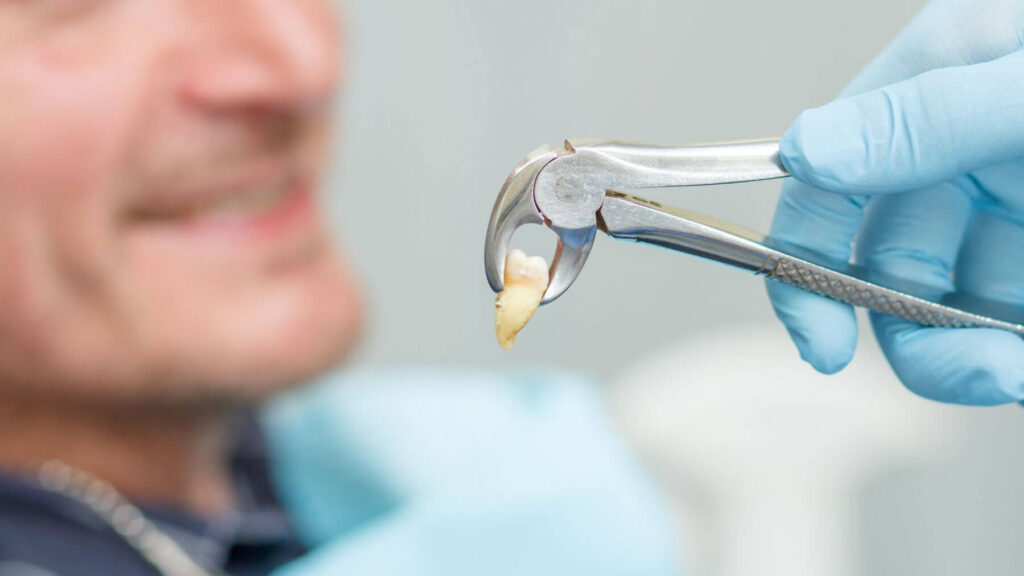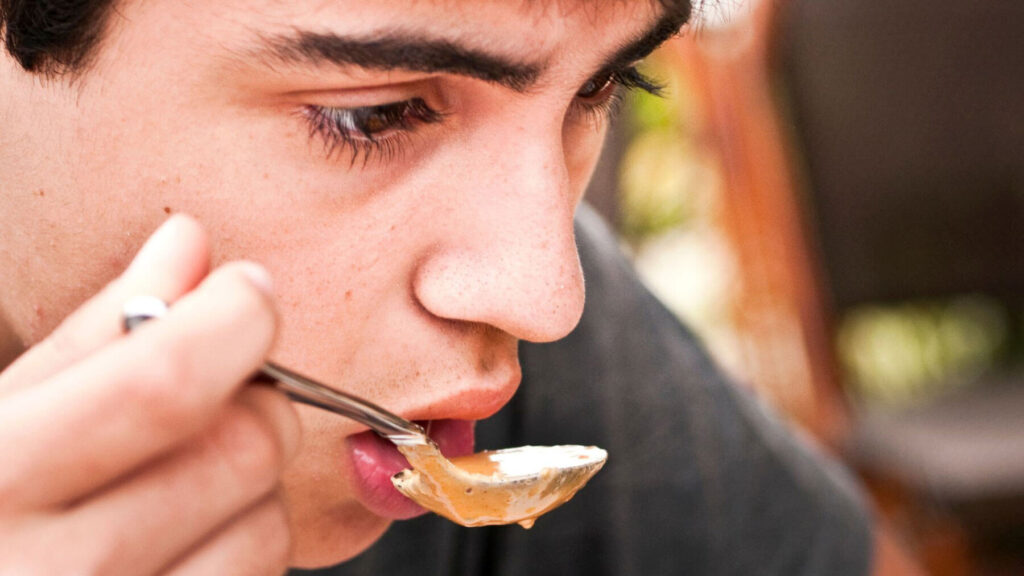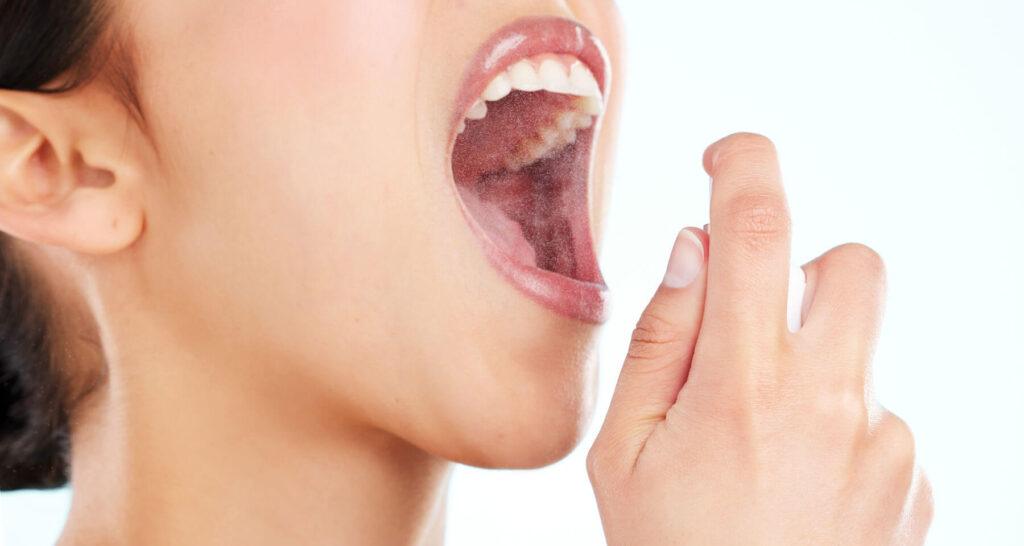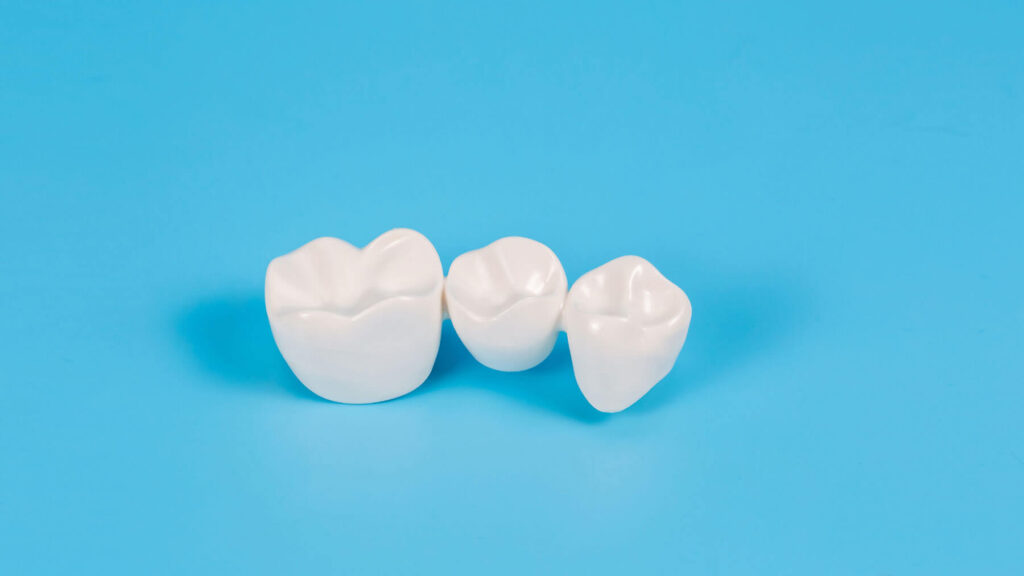What to Eat After Tooth Extraction ✅🦷
The first 24–48 hours matter most after an extraction. What to eat after tooth extraction is a common question, and the goal is simple: protect the blood clot. That clot works like a natural bandage. If it comes out, you can get dry socket, which hurts a lot. So, choose foods that give you energy without chewing.

🥣 What to Eat After Tooth Extraction in the First 24–48 Hours
During days 1–2, stick with cool or room-temperature, soft foods. Also, keep flavors mild, because spicy or acidic foods can sting. That way, the extraction site stays calmer and easier to protect while the blood clot sets.
For this early window, choose foods that slide down with little to no chewing. For example, plain yogurt, applesauce, pudding, and cottage cheese are gentle and filling. In addition, a smooth mashed banana works well when you want something slightly more satisfying. Meanwhile, you can have smoothies, but use a spoon and avoid straws. Likewise, lukewarm blended soups are a good option—just make sure they’re not hot.
🚫 What to Avoid (Day 1–2)
At the same time, avoid anything that can disturb the clot or leave debris behind. In particular, skip seeds, nuts, and crunchy add-ins, since small bits can get stuck in the socket. Otherwise, you may irritate the area and slow healing.
Just as important, avoid the biggest “troublemakers” in the first two days. For instance, straws are risky because suction can pull the clot out. Also, hot foods or drinks can restart bleeding by increasing blood flow. Similarly, crunchy foods (like chips, popcorn, or nuts) can scrape the site, while sticky foods (like bagels or chewy candy) can tug on tissue. Finally, alcohol and soda can slow healing, so it’s best to pause them for now.
Also: avoid seeds, nuts, or crunchy add-ins. Otherwise, bits can stick in the socket.

🍳 What to Eat After Tooth Extraction for Faster Healing
After day 2, you can add more variety. However, keep textures soft so the site stays protected. Also, add more protein, because it helps tissue repair.
Choose soft proteins that don’t need much chewing. For example, very soft scrambled eggs are an easy start. In addition, Greek yogurt and tofu are gentle and filling. Meanwhile, try soft, flaky fish or very tender ground meat (not dry). Finally, protein shakes can help—just drink from a cup, not a straw.
Alongside protein, add nutrient-rich soft sides. For instance, mashed potatoes or sweet potatoes are easy and comforting. Similarly, puréed squash or carrots add vitamins without rough texture. Also, cooled oatmeal or cream of wheat can feel soothing. Then, add soft pasta or risotto as you feel ready. Plus, hummus or mashed avocado are great for healthy fats.
Tip: chew on the opposite side. That way, you’re less likely to bump the extraction site.

🍞 When Can You Eat Solid Food Again?
Most people can start adding soft “solid” foods in 3–7 days. Still, healing varies. So, go slow and listen to your mouth.
✅ What to Eat After Tooth Extraction: Signs You’re Ready for More Texture
- Pain is mild or gone while chewing
- Swelling is clearly down
- You can open your mouth comfortably
- Food doesn’t trigger throbbing
Start with soft foods like pasta, soft bread without crust, and cooked vegetables. Then, increase the texture little by little.

🧃 Drinks That Help
Hydration helps healing. Plus, it keeps your mouth cleaner.
Best choices
- Water
- Cool herbal tea
- Diluted juice (not too acidic)
- Lukewarm broth
Avoid
- Straws
- Hot coffee/tea early on
- Alcohol
- Fizzy soda

Need a Clear Recovery Plan?
If you’re unsure what to eat after tooth extraction (or you’re worried about pain, swelling, or dry socket), schedule a post-op check with Smiles For Health DDS in Carlsbad. We’ll confirm healing and give you a simple plan you can follow.
Frequently Asked Questions
What should I eat the first day after an extraction?
Stick to very soft foods like yogurt, applesauce, pudding, and cool smoothies with a spoon. Also avoid straws.
Are soups safe right after a tooth extraction?
Yes—if they’re lukewarm and smooth. However, avoid hot soup because heat can trigger bleeding.
Which protein foods are best after tooth extraction?
Scrambled eggs, Greek yogurt, tofu, soft fish, and protein shakes are great. Therefore, they support faster tissue repair.
Can I eat ice cream after tooth extraction?
Yes, plain ice cream can soothe the area. Still, skip crunchy toppings and hard mix-ins.
When can I stop eating only soft foods?
Many people stay soft for 3–5 days. However, you may need longer after a surgical extraction.
What foods can cause dry socket?
Crunchy foods, sticky foods, and anything that needs hard chewing can disturb the clot. Also, straws raise risk.
Can I drink coffee after a tooth extraction?
Wait at least 24–48 hours. Even then, drink it warm—not hot—so you don’t restart bleeding.
Are spicy foods okay during recovery?
Not at first. Spicy foods can irritate the wound. Instead, choose mild meals until tenderness improves.
Is applesauce a good choice after extraction?
Yes. It’s smooth, easy to swallow, and gentle on the socket. Also, it’s a reliable day-one food
How can I get nutrients if I can’t chew much?
Use smoothies (no straw), blended soups, yogurt, and mashed vegetables. In addition, add protein powder if needed.






